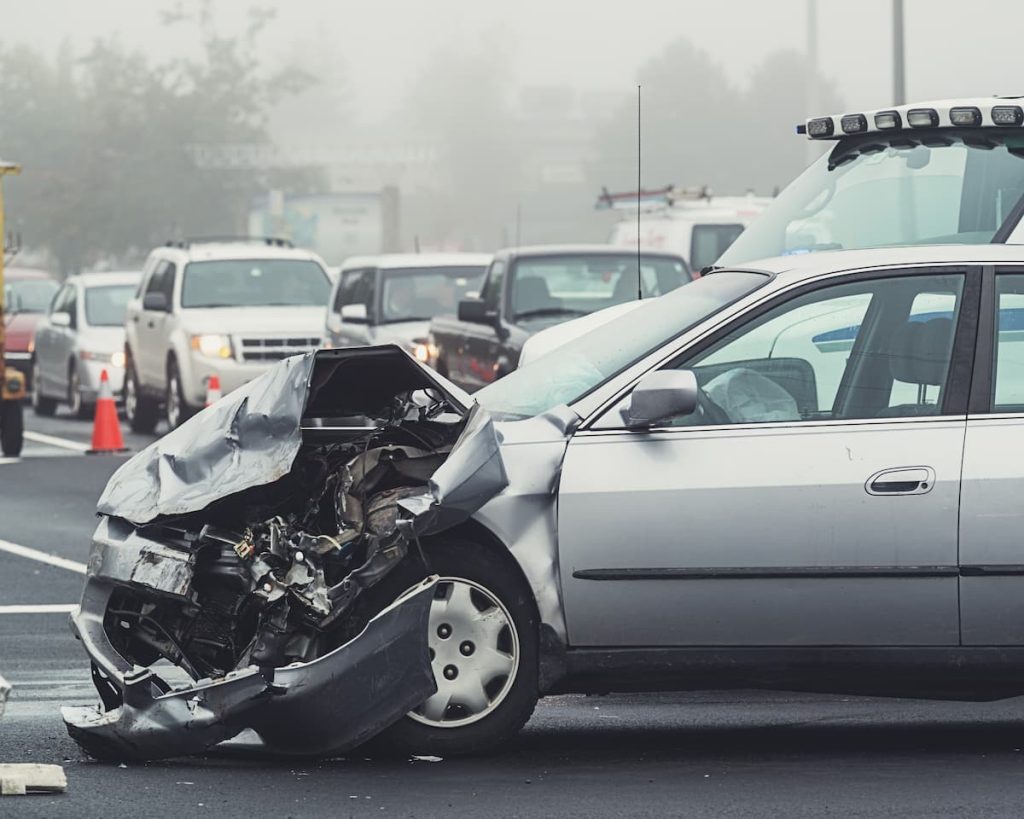What Happens if Someone Else is Driving My Car and Gets in an Accident?
When you lend your vehicle to someone, and they’re involved in an accident, it can be a stressful and complicated situation. Understanding how insurance works and the potential consequences is crucial. Here’s what you need to know:
1. Insurance Typically Follows the Car, Not the Driver
In many states, the car owner’s insurance is the primary insurance covering damages from an accident, even if the owner wasn’t driving. This means your insurance might be the one to pay for damages or injuries if the person borrowing your car causes an accident.
2. Your Liability Limits Apply
If the damages or medical expenses exceed the limits of your policy, you could be held responsible for the additional costs. Ensuring adequate liability coverage is essential, especially if you regularly allow others to drive your car.

3. Not All Policies Are Created Equal
Some insurance policies might have exclusions for non-named drivers or require that all regular drivers of the vehicle be listed on the policy. Reviewing your policy to ensure coverage will apply in your specific situation is essential.
4. Consider the Driver’s Insurance
If the damages exceed your insurance coverage limits, the driver’s insurance might act as a secondary coverage. Their insurance could help cover the excess costs. Additionally, if your policy doesn’t cover them or has exclusions, their car insurance might provide some coverage.
5. Potential Premium Increases
If your insurance pays out for the accident, your premiums could increase at renewal time. This is because your risk profile has changed in the eyes of the insurance company.
6. Permission is Key
For insurance to cover an accident, the person driving your car must have your permission. If they took your car without consent, you might not be held liable, and their insurance might be primary. However, situations involving theft or unauthorized use can be complex, so consult with legal professionals.
7. Injuries to the Driver
If the person driving your car gets injured, your personal injury protection (PIP) or medical payments coverage (if you have them) might cover their medical expenses. Again, this depends on your specific insurance policy and where you live.
8. The Importance of a Clear Agreement
Before lending your vehicle, understanding the borrower clearly is a good idea. Clarify the purpose of the trip, the expected return time, and any other terms you want to establish. This ensures everyone is on the same page and can help in case of any disputes.
Conclusion
Lending your car to someone is a gesture of trust, but accidents can happen. It’s important to know how your insurance will respond and what liabilities you may face. If you ever find yourself in such a situation, seeking professional advice from insurance and legal experts is highly recommended.